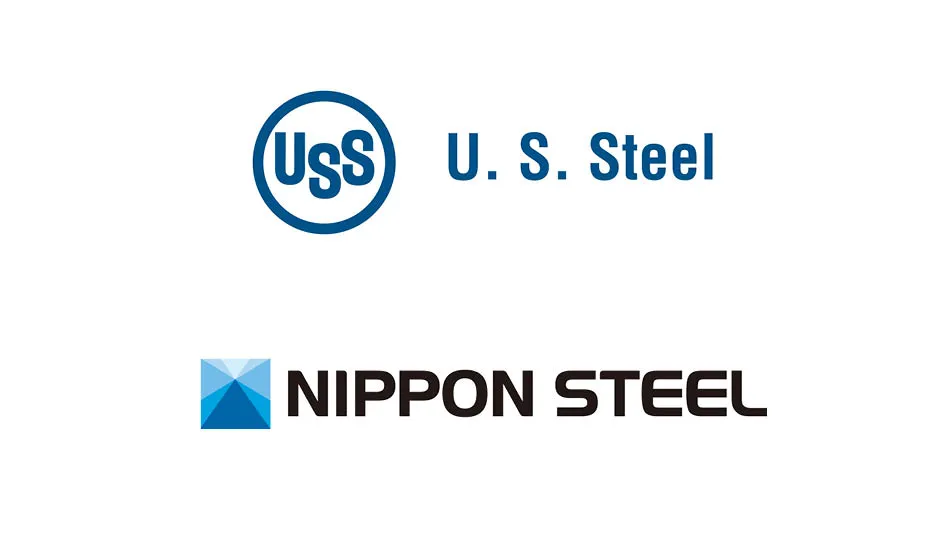President Joe Biden has voiced opposition to the proposed sale of U.S. Steel to Nippon Steel of Japan, citing the importance of maintaining strong American steel companies owned and operated domestically.
Biden’s stance underscores his commitment to American manufacturing, a cornerstone of his agenda as he seeks reelection.
In a statement obtained by The Associated Press, Biden emphasized the iconic status of U.S. Steel as an American institution, asserting that it is vital for the company to remain domestically owned and operated.
The president’s announcement comes amidst campaigning in the Midwest, where the sale could have implications for his race against presumptive Republican nominee, Donald Trump.Nippon Steel announced its intention to acquire the Pittsburgh-based steel producer for $14.1 billion in cash, sparking concerns about potential ramifications for unionized workers, supply chains, and U.S. national security.
Despite assurances from Nippon Steel that there would be no job losses as a result of the merger, skepticism persists about the impact on American interests.
The Japanese company has sought to address these concerns by committing to retain the U.S. Steel name and Pittsburgh headquarters, as well as pledging to leverage its resources to foster job growth.
Supportive statements from prominent figures such as Larry Summers, former treasury secretary, and Pat Toomey, a Republican and former senator from Pennsylvania, have been cited in defense of the acquisition.
While the White House has indicated that the sale will undergo review by the Committee on Foreign Investment in the United States, President Biden has stopped short of formally blocking the deal. This approach aligns with his strategy of engaging with the issue while allowing the review process to proceed independently.
Former President Trump has also voiced opposition to the sale, echoing concerns about the implications of foreign ownership of a key American asset. 
Trump’s remarks reflect broader sentiments regarding the protection of American interests in strategic industries. This coupled with Biden’s visit to Saginaw, Michigan, underscores the significance of manufacturing communities in key battleground states. His close relationship with the United Steelworkers union, coupled with assurances of support for American workers, demonstrates his commitment to addressing concerns about the sale of U.S. Steel.The sale’s implications for U.S.-Japan relations and efforts to counter China’s influence are also being closely monitored.
While Japan is considered a key ally of the United States, concerns about Nippon Steel’s connections to China have raised questions about the broader geopolitical context of the acquisition.With more than half of global steel production originating from China, according to the World Steel Association, the strategic importance of maintaining a strong American steel industry cannot be overstated.
As President Biden prepares to host Japanese Prime Minister Fumio Kishida at the White House, the sale of U.S. Steel serves as a focal point for discussions on economic and security cooperation between the two nations.In conclusion, President Biden’s opposition to the sale of U.S. Steel to Nippon Steel reflects broader concerns about the protection of American interests in strategic industries. While the sale undergoes review, the president’s focus remains on supporting American workers and ensuring the continued strength of domestic manufacturing.











